The Bangladeshi media, "Slaves of power"!
 _x000D_
_x000D_
The Providing Licence of private television began in 1996–2001, when the Awami League took the lead to lead the country. Only a few four licences were issued. After that when the Bangladesh Nationalist Party (BNP) came to rule and gave 5(five) licenses._x000D_
_x000D_
The highest number of licences was issued in 2009, when Awami League came to power once again In that term, Awami League transformed the television license into a mess like a fish market. A total of 29 TV licenses are exempted and the run of giving licences went on and on as the current ruling party issued another 7( seven) licences for electronics media (Television)_x000D_
_x000D_
In three terms, Awami League licenced 40 televisions in the country, and in one term, BNP licensed 5 televisions. Without a shadow of doubt, all the licenses were granted for political reasons. Interestingly enough these were obtained either by political leaders or MPs or businessmen close to the two parties._x000D_
_x000D_
Let's go to history. If we go back to 1999, Then we saw that Sajjat Ali got licenced for a television called Ten TV. But when BNP came out all gun-blazing to rule the country the license was bought by Mohammad Mosaddeq Ali, a close leader of former Prime Minister Khaleda Zia, on January 30, 2003. Later Ten TV was renamed NTV. BNP was a bit more gracious in giving a license as once again MP from BNP Mushfiqur Rahman got license of Desh Tv as a gift. The game of power always ruled in the media world of Bangladesh as the government changed, and what we saw? it was seen that most of the shares were bought by the influential leader of the Awami League, Saber Hossain Chowdhury._x000D_
_x000D_
The Association of Television Channel Owners (ATCO) has alleged that media outlets critical of the government risk losing their revenue to the organisation. Government agencies pressure private companies not to advertise in these media, And what stands behind the curtain is controlled by these organizations. This organisation has created 'self-censorship' in the television media of Bangladesh._x000D_
_x000D_
When the military-backed government came to rule in 2007–2008, direct intervention by government agencies to modify media content and news became very much evident._x000D_
_x000D_
_x000D_
_x000D_
The Providing Licence of private television began in 1996–2001, when the Awami League took the lead to lead the country. Only a few four licences were issued. After that when the Bangladesh Nationalist Party (BNP) came to rule and gave 5(five) licenses._x000D_
_x000D_
The highest number of licences was issued in 2009, when Awami League came to power once again In that term, Awami League transformed the television license into a mess like a fish market. A total of 29 TV licenses are exempted and the run of giving licences went on and on as the current ruling party issued another 7( seven) licences for electronics media (Television)_x000D_
_x000D_
In three terms, Awami League licenced 40 televisions in the country, and in one term, BNP licensed 5 televisions. Without a shadow of doubt, all the licenses were granted for political reasons. Interestingly enough these were obtained either by political leaders or MPs or businessmen close to the two parties._x000D_
_x000D_
Let's go to history. If we go back to 1999, Then we saw that Sajjat Ali got licenced for a television called Ten TV. But when BNP came out all gun-blazing to rule the country the license was bought by Mohammad Mosaddeq Ali, a close leader of former Prime Minister Khaleda Zia, on January 30, 2003. Later Ten TV was renamed NTV. BNP was a bit more gracious in giving a license as once again MP from BNP Mushfiqur Rahman got license of Desh Tv as a gift. The game of power always ruled in the media world of Bangladesh as the government changed, and what we saw? it was seen that most of the shares were bought by the influential leader of the Awami League, Saber Hossain Chowdhury._x000D_
_x000D_
The Association of Television Channel Owners (ATCO) has alleged that media outlets critical of the government risk losing their revenue to the organisation. Government agencies pressure private companies not to advertise in these media, And what stands behind the curtain is controlled by these organizations. This organisation has created 'self-censorship' in the television media of Bangladesh._x000D_
_x000D_
When the military-backed government came to rule in 2007–2008, direct intervention by government agencies to modify media content and news became very much evident._x000D_
_x000D_
 _x000D_
_x000D_
Interestingly, media owners have always been willing to ally with political parties. A draft 'Establishment and Management of Private Television Channels Policy 2012' was proposed, which said that political parties and persons associated with them would be prohibited from owning television channels._x000D_
_x000D_
The then president of ATCO and former BNP leader, Mosaddek Ali Falu, opposed it. At the time, he argued that the media sector had achieved a lot in the past decade and that the government's supportive policies had helped create new media outlets._x000D_
_x000D_
This culture also exists in the field of print media, and satellites have been added to these. However, even though media houses are getting larger in every passing day, the question remains whether the quality of news is increasing or not. And we have to know that The reliability of news depends on the credibility of the informant, the one who is providing information._x000D_
_x000D_
It is also important to know how the media is controlled in Bangladesh, how its ownership has changed over time, and how closely the owners of media outlets are tied to the major political parties._x000D_
_x000D_
With time, the number of news providers increases, and so does the tendency to control them. And when the owner is himself politically blessed, his organization suppresses the true news like a fart in the wind and ladies and gentlemen as you know that's the problem.
_x000D_
_x000D_
Interestingly, media owners have always been willing to ally with political parties. A draft 'Establishment and Management of Private Television Channels Policy 2012' was proposed, which said that political parties and persons associated with them would be prohibited from owning television channels._x000D_
_x000D_
The then president of ATCO and former BNP leader, Mosaddek Ali Falu, opposed it. At the time, he argued that the media sector had achieved a lot in the past decade and that the government's supportive policies had helped create new media outlets._x000D_
_x000D_
This culture also exists in the field of print media, and satellites have been added to these. However, even though media houses are getting larger in every passing day, the question remains whether the quality of news is increasing or not. And we have to know that The reliability of news depends on the credibility of the informant, the one who is providing information._x000D_
_x000D_
It is also important to know how the media is controlled in Bangladesh, how its ownership has changed over time, and how closely the owners of media outlets are tied to the major political parties._x000D_
_x000D_
With time, the number of news providers increases, and so does the tendency to control them. And when the owner is himself politically blessed, his organization suppresses the true news like a fart in the wind and ladies and gentlemen as you know that's the problem.

-
Previous Post
Reference provided by the police, The immature death of investigative journalism in Bangladesh
-
Next Post
The tea party of Multimedia journalists with Awami league have gone to dogs with internal conflict
You May Also Like
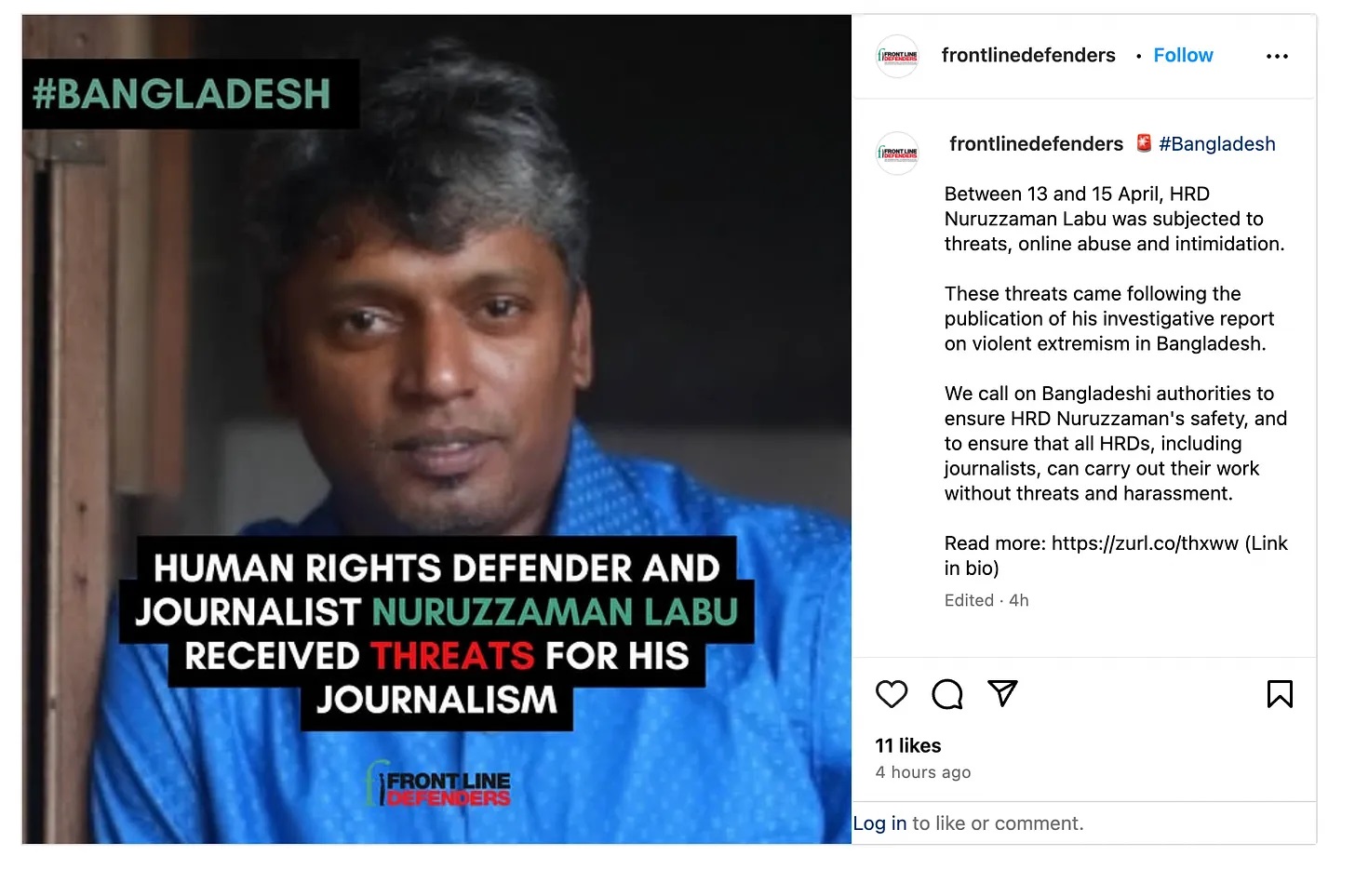
Is It Justified to Call Nuruzzaman Labu a Human Rights Defender?
While threats against journalists must never be taken lightly, FLD’s decision to categorize Labu as a 'human rights defender' raises legitimate concerns about due diligence and the risk of diluting this critical designation.
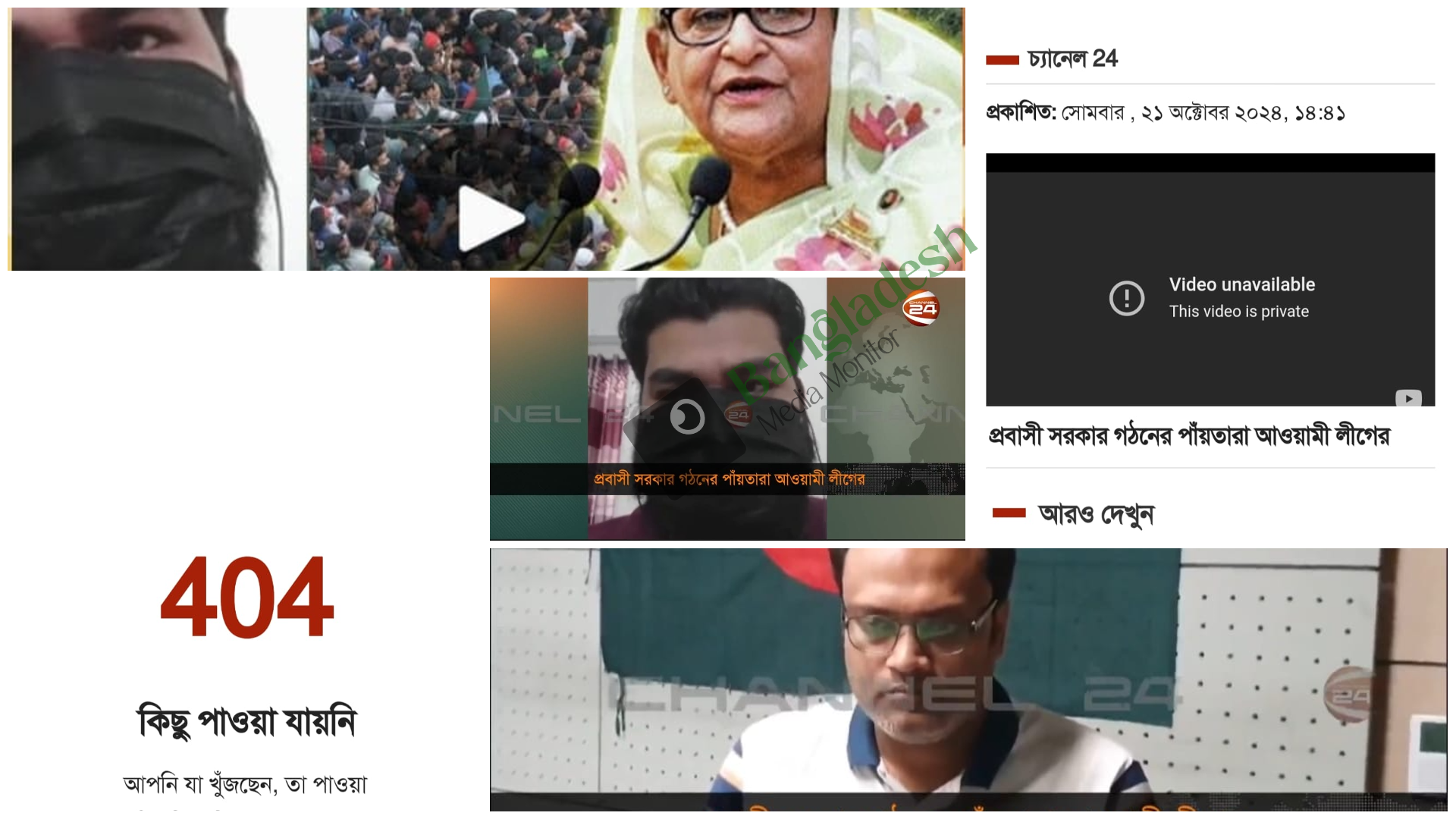
Channel 24's Controversial Report on Awami League Expatriate Government
Upon viewing the report, several questions immediately arise. What evidence did the reporter use to substantiate the claim? Whose interviews or statements were aired?

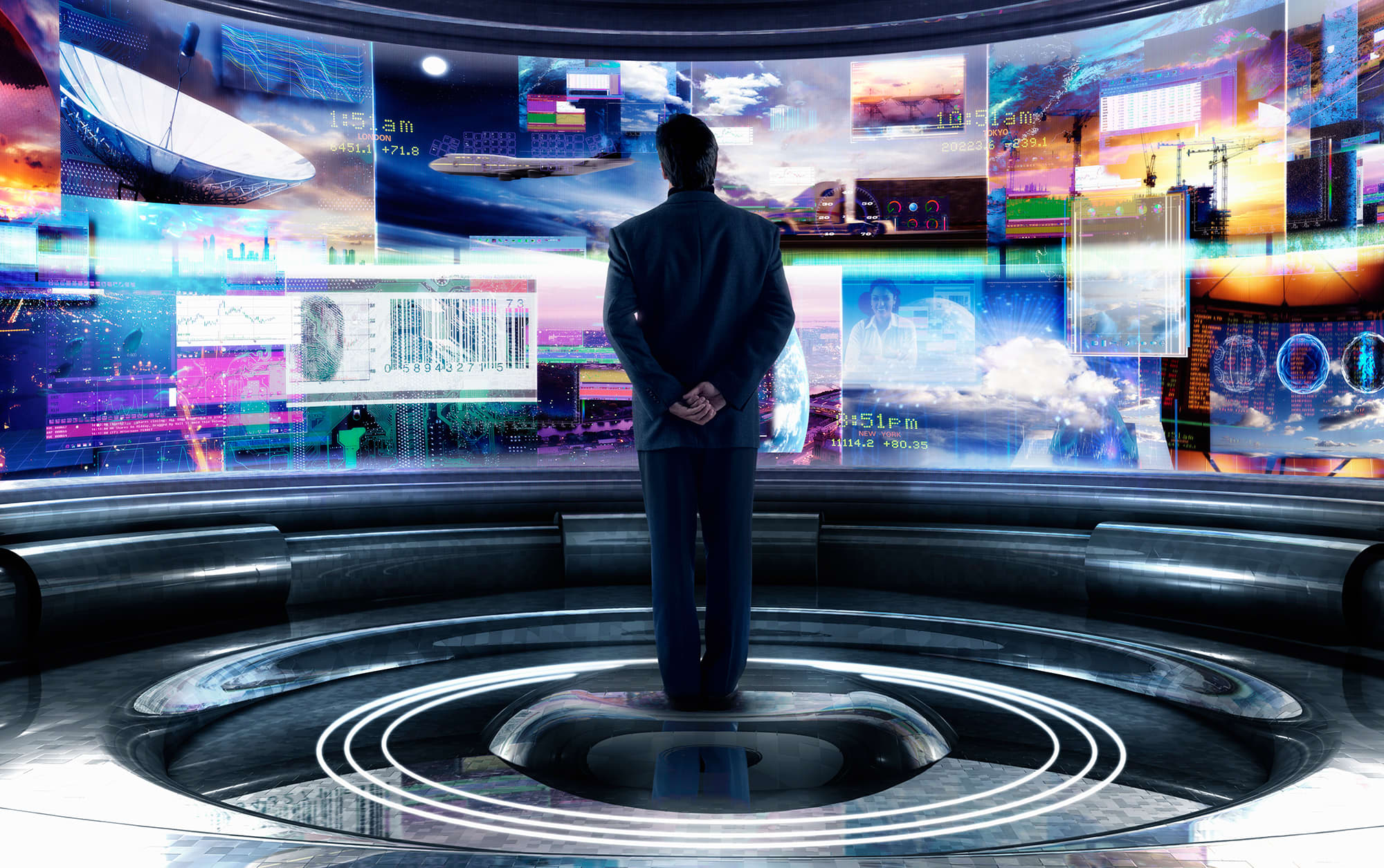
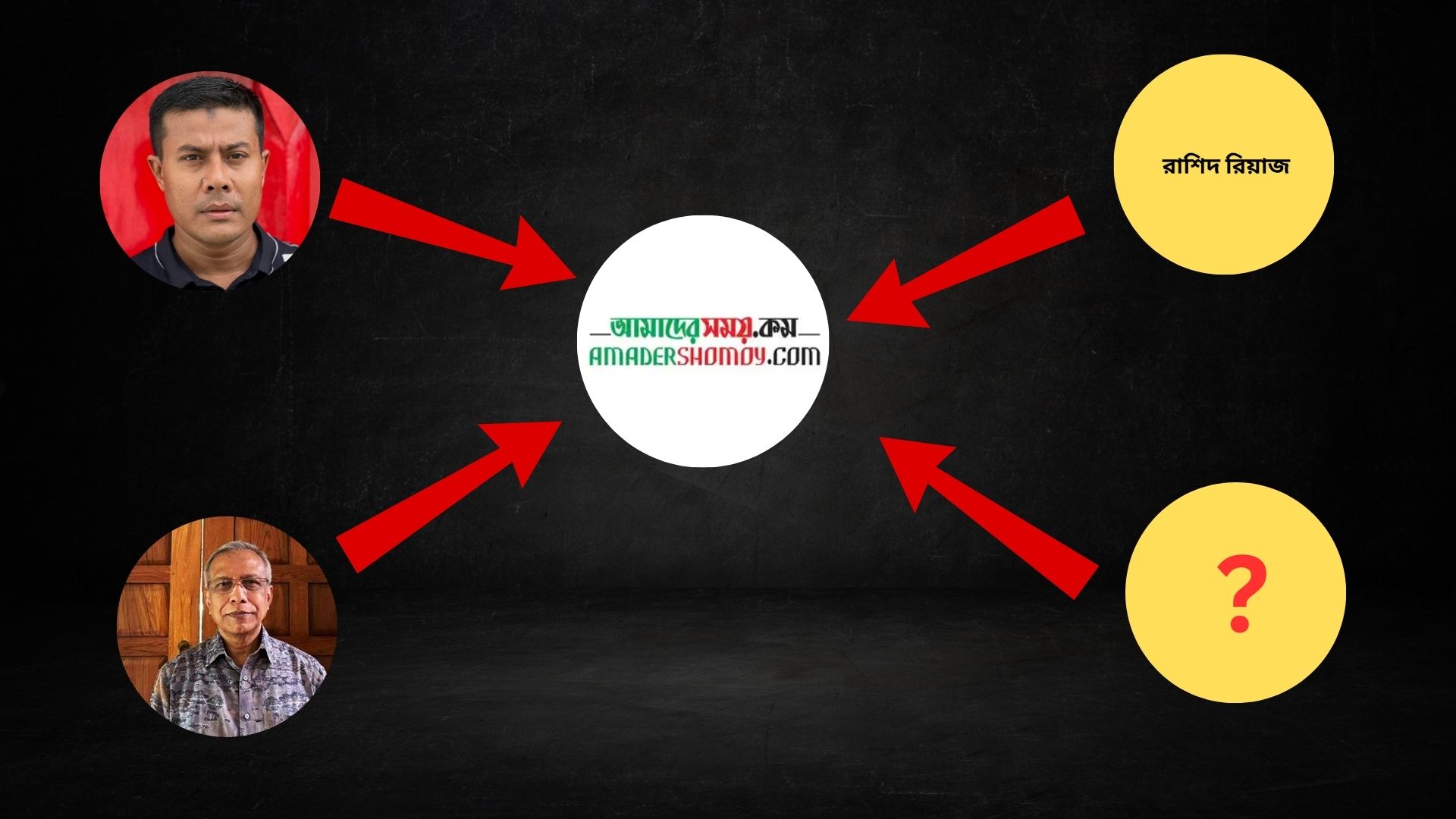
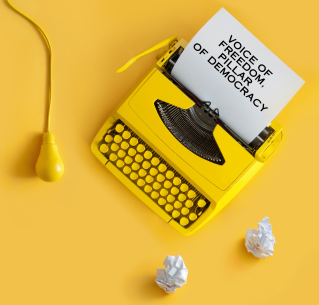
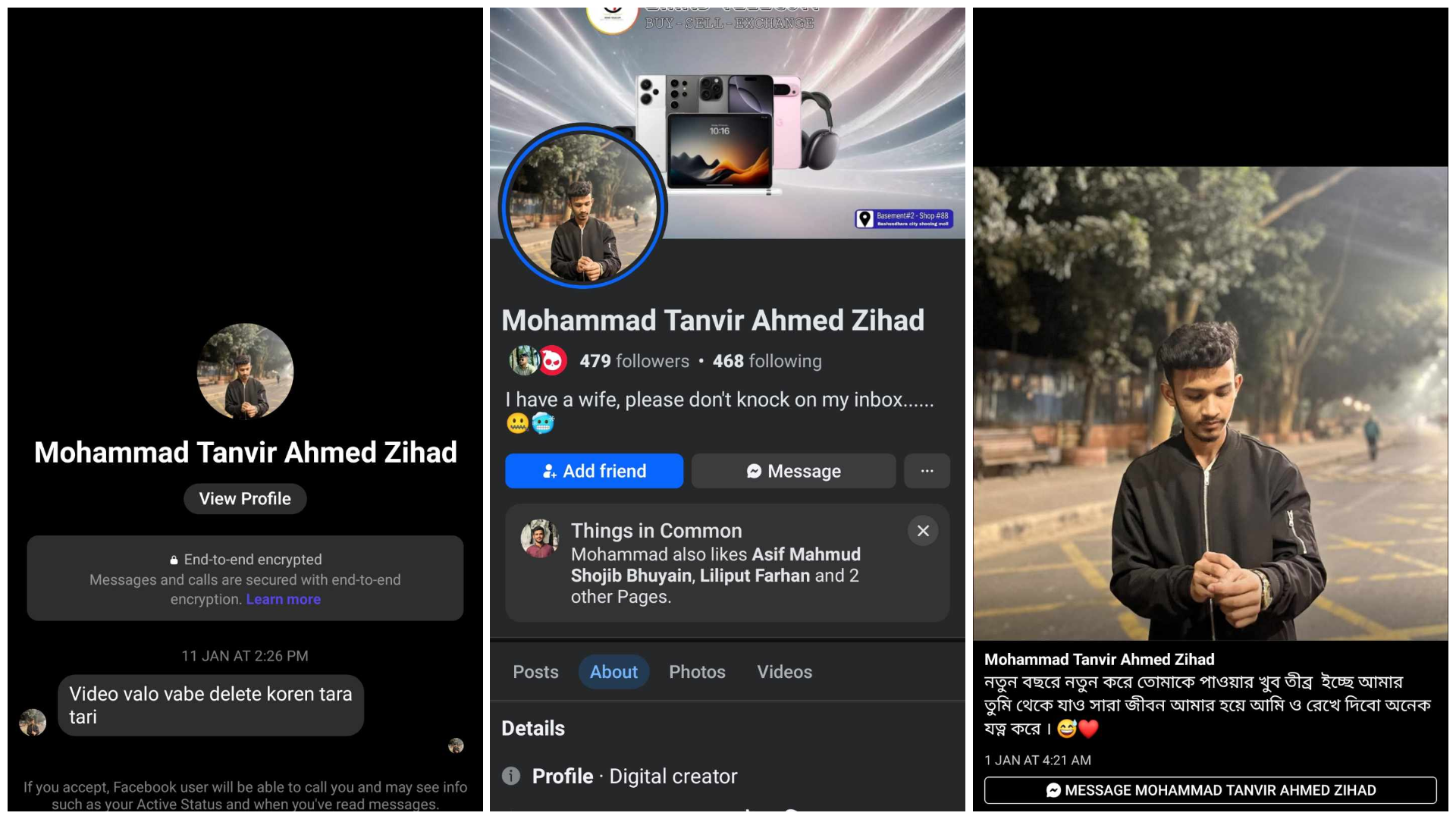
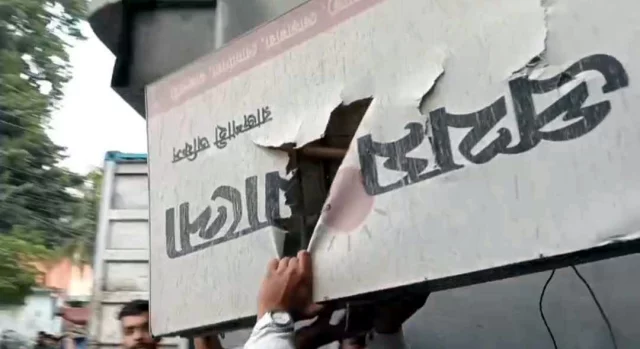
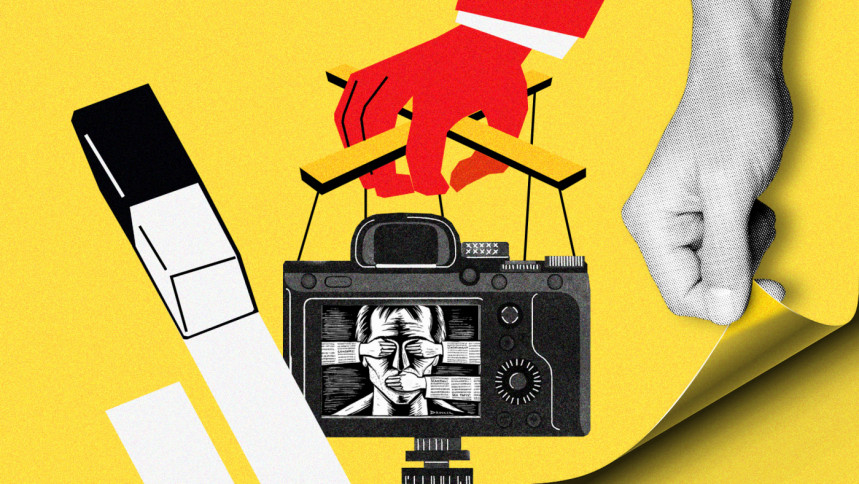
Two Comments